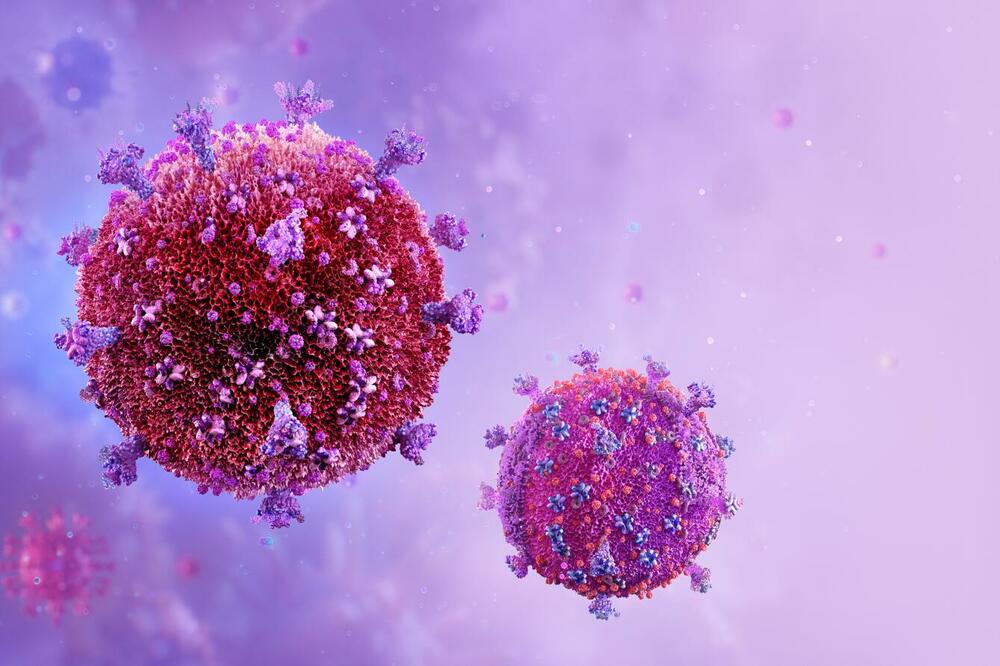Scientists say they have successfully eliminated HIV from infected cells using CRISPR gene-editing technology.
CRISPR works like scissors, but at the molecular level, it cuts DNA so that "bad" parts can be removed or deactivated, writes the BBC.
Existing HIV drugs can stop the virus but cannot eliminate it, so these findings are an important step forward in the treatment of this disease.
However, this is only the initial phase of research.
Experts from the University of Amsterdam note that this study for now only represents a treatment concept and that it will be necessary to wait before developing a drug.
The team from Amsterdam is not the only one trying to beat HIV with CRISPR technology.
From the American company Excision BioTherapeutics, they state that three volunteers with HIV after 48 weeks have no serious side effects from the treatment. Their research is still ongoing.
Virologist Jonathan Stoj from the Francis Crick Institute in London believes that removing HIV from all cells that might contain it is extremely challenging.
"There are concerns about possible long-term side effects. I suspect it will be many years before CRISPR-based therapy becomes routine—even assuming it's effective."
HIV infects and attacks cells of the immune system and uses their machinery to make copies of itself. Even with effective treatment, many infected cells enter a resting or latent state, meaning they still contain HIV genetic material without actively producing the virus.
Most infected people need lifelong antiretroviral therapy. If they stop taking the medication, the dormant virus can reawaken and cause problems.
Bonus video:





